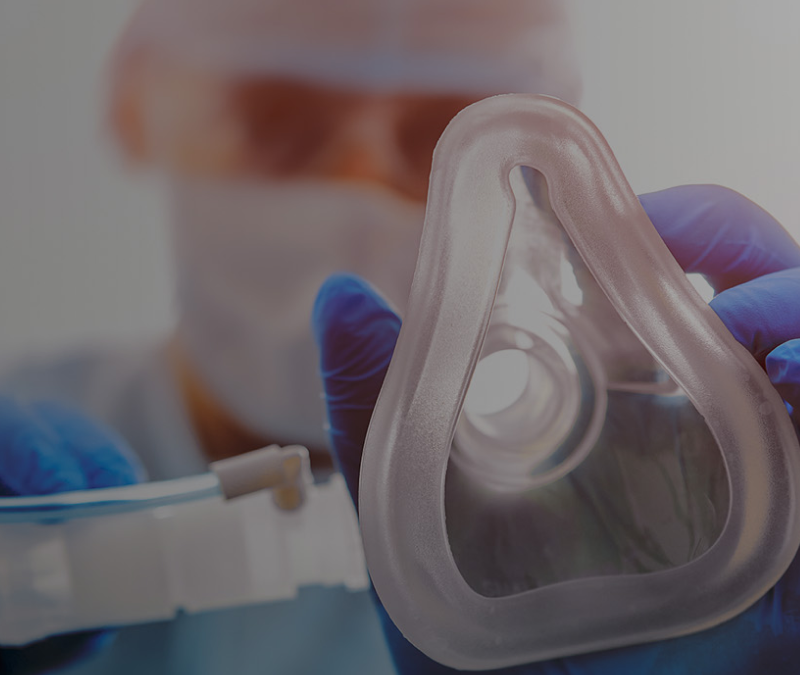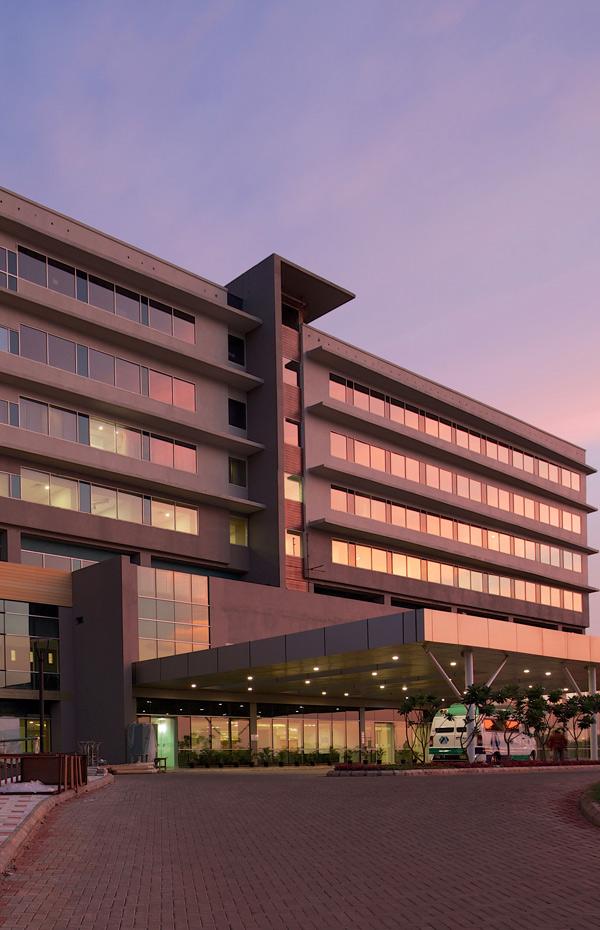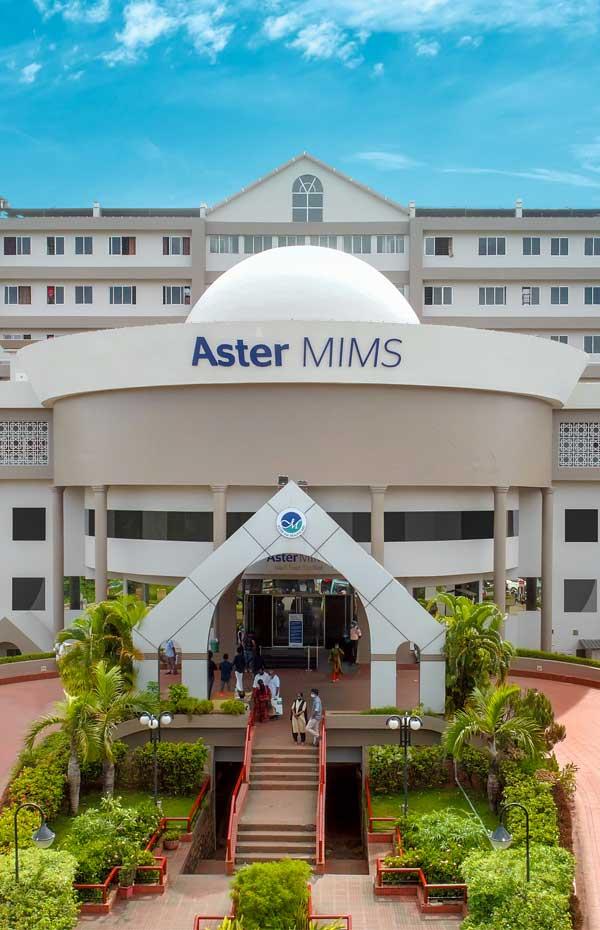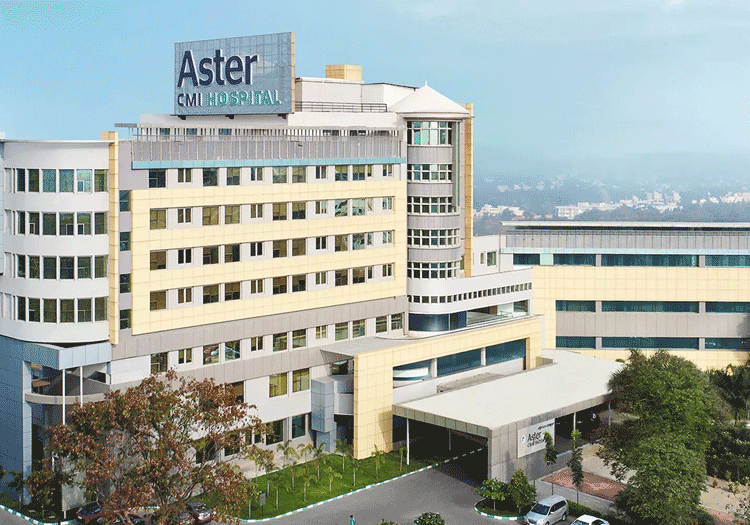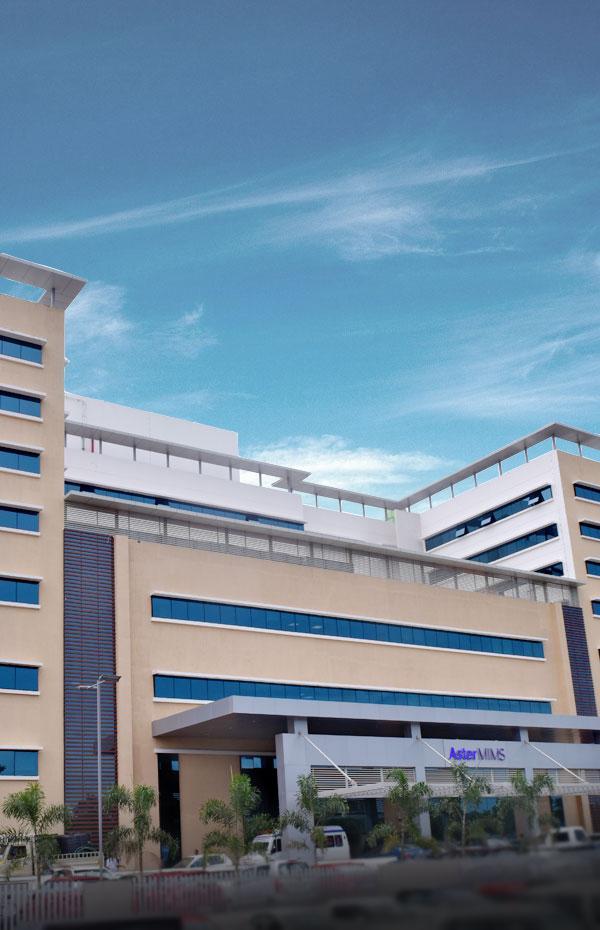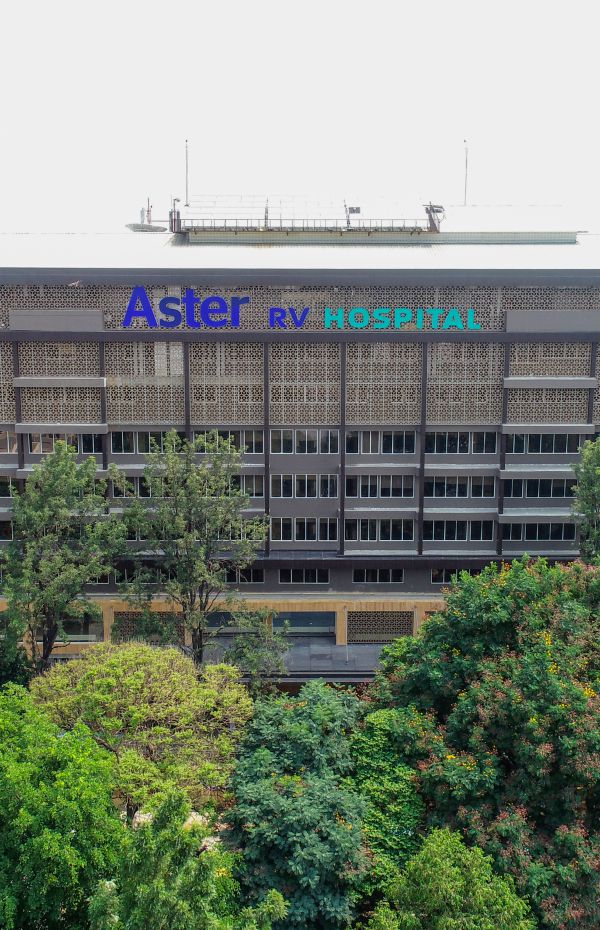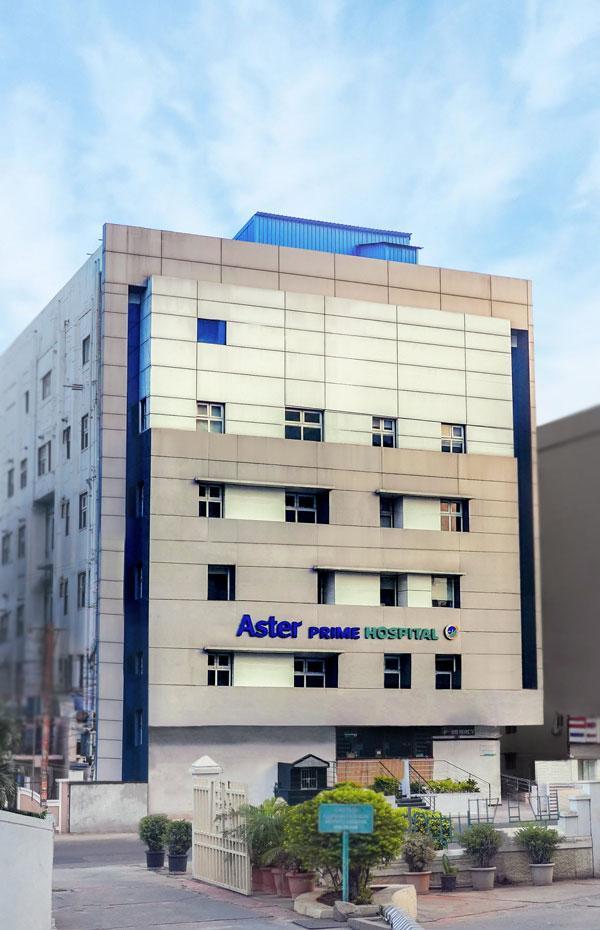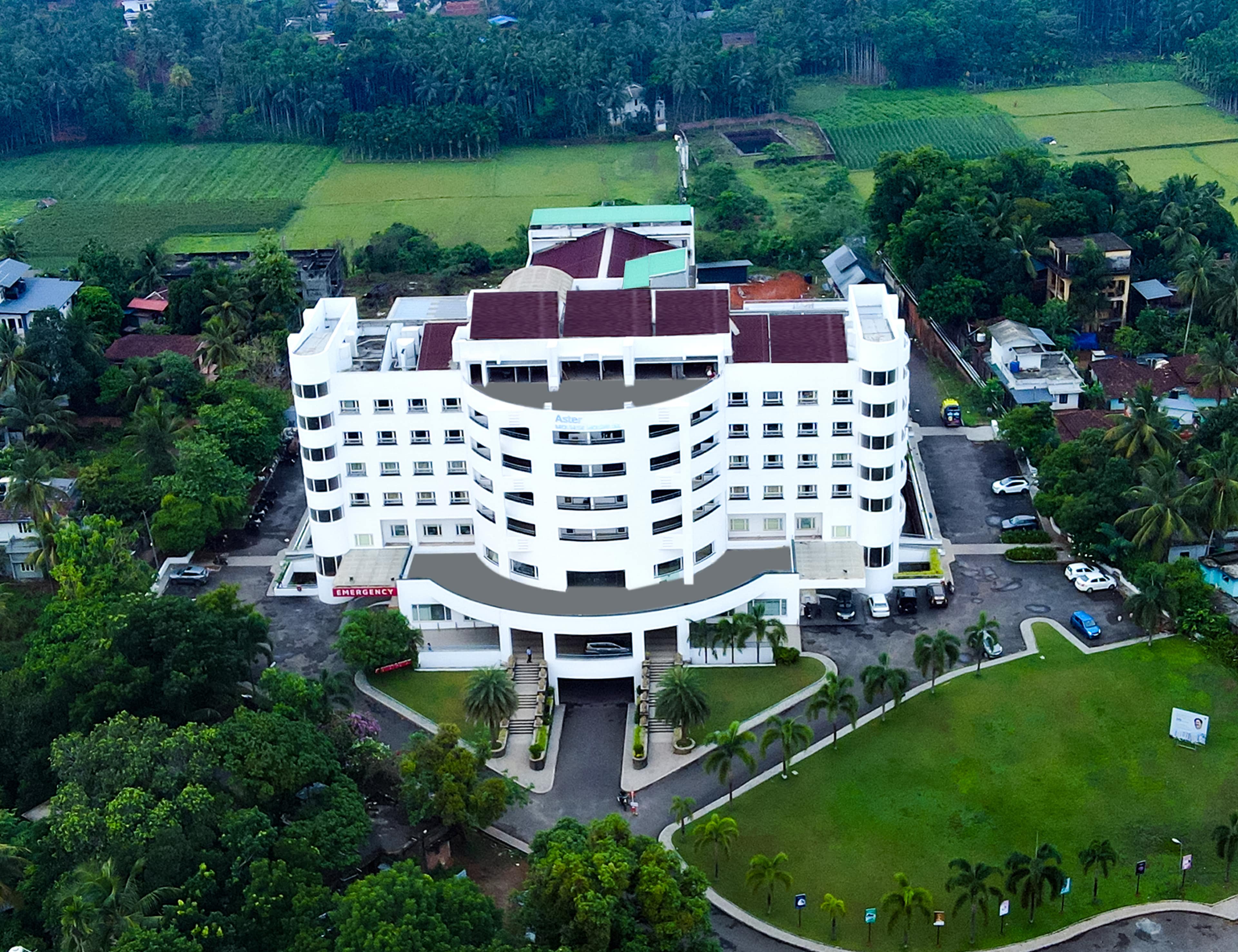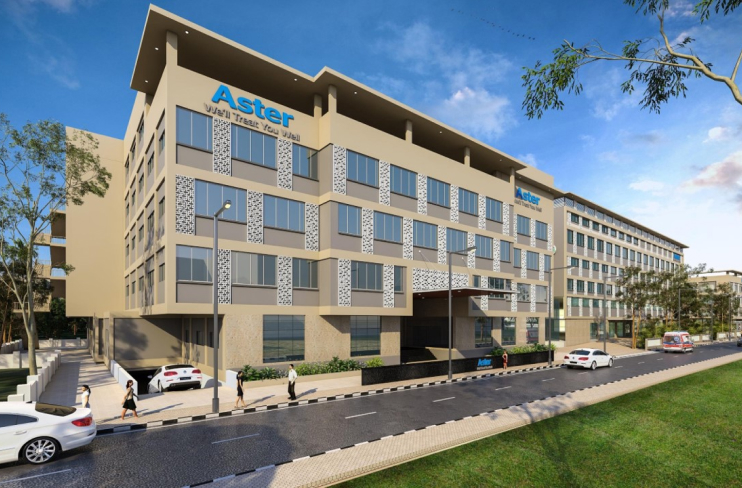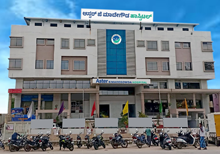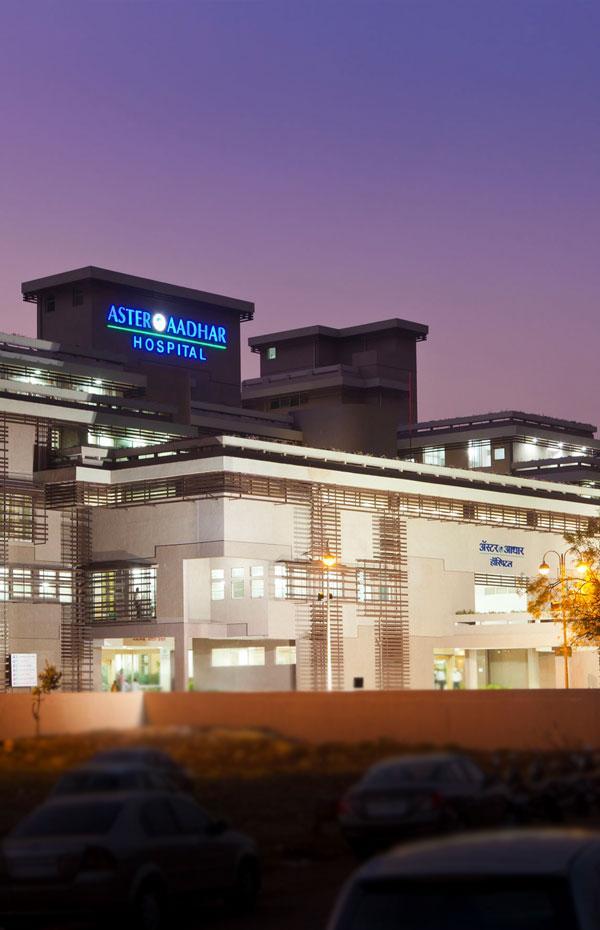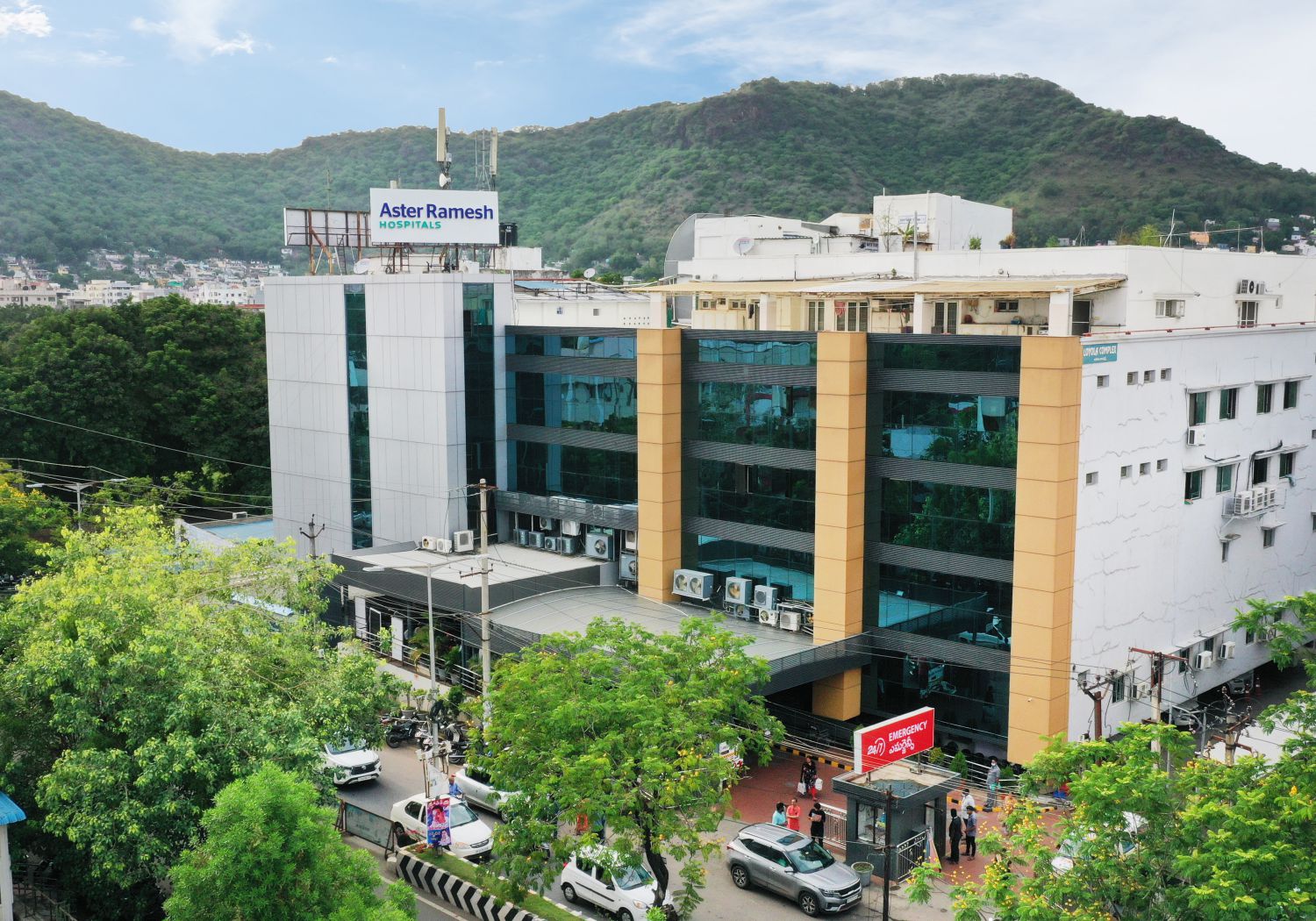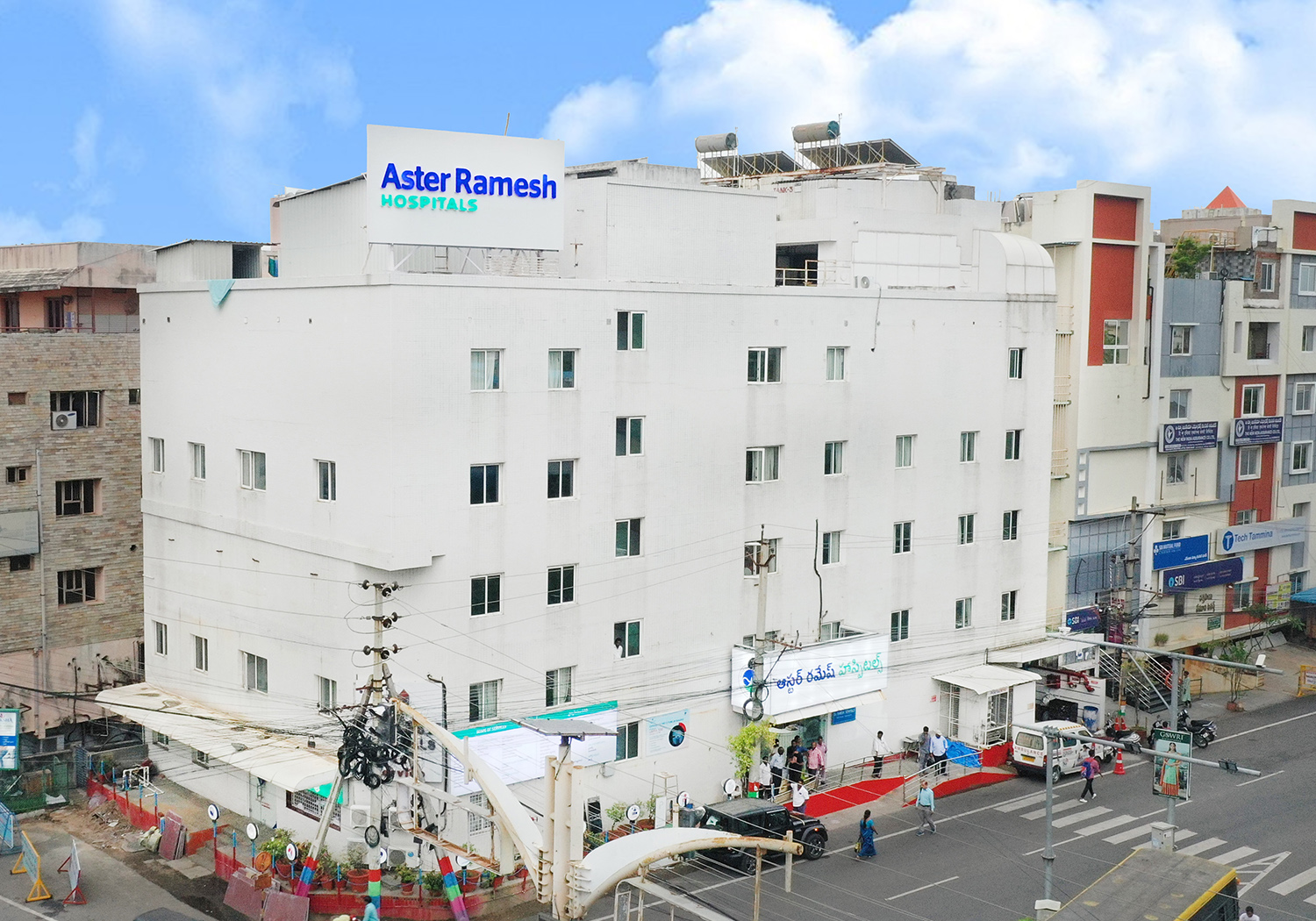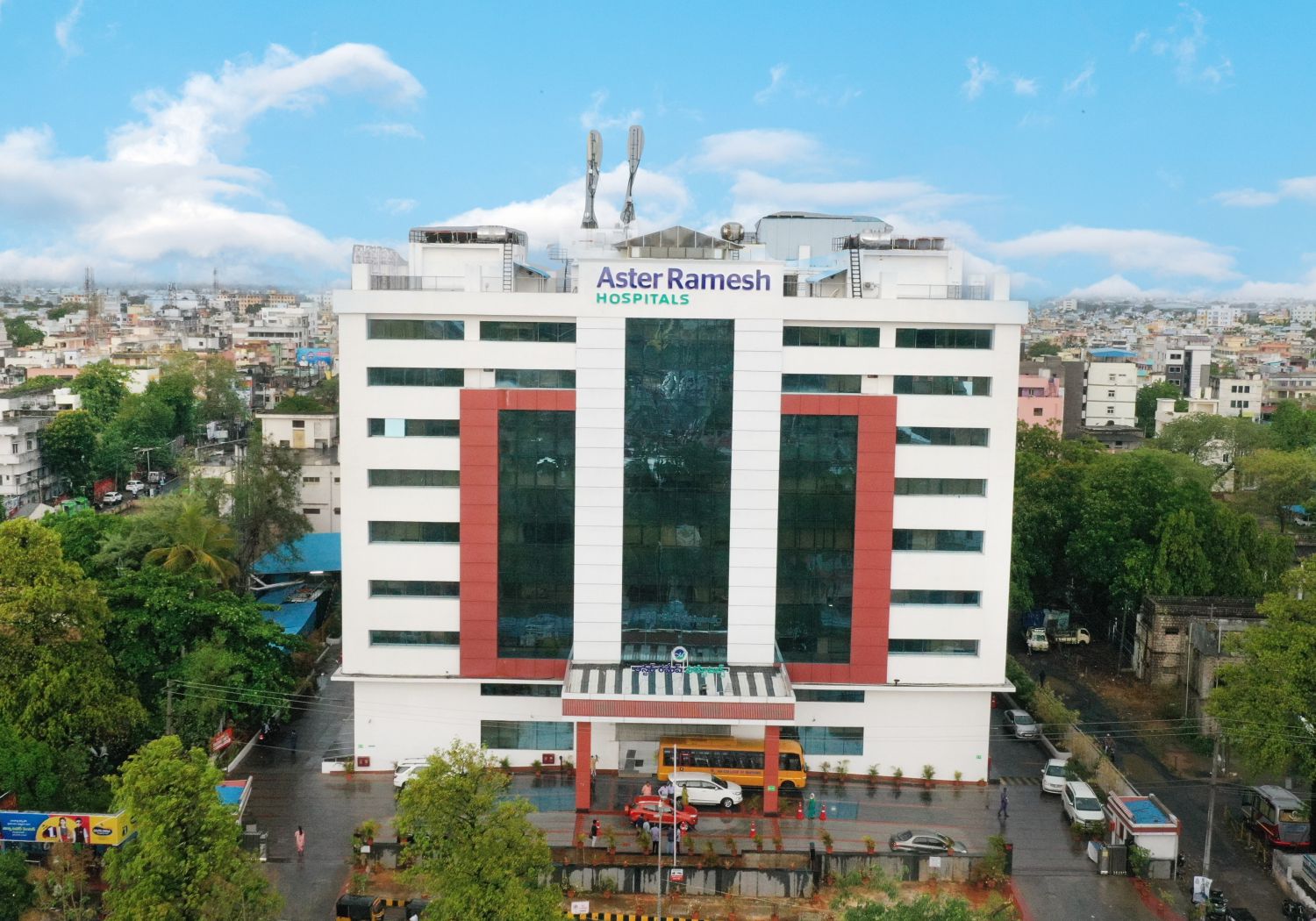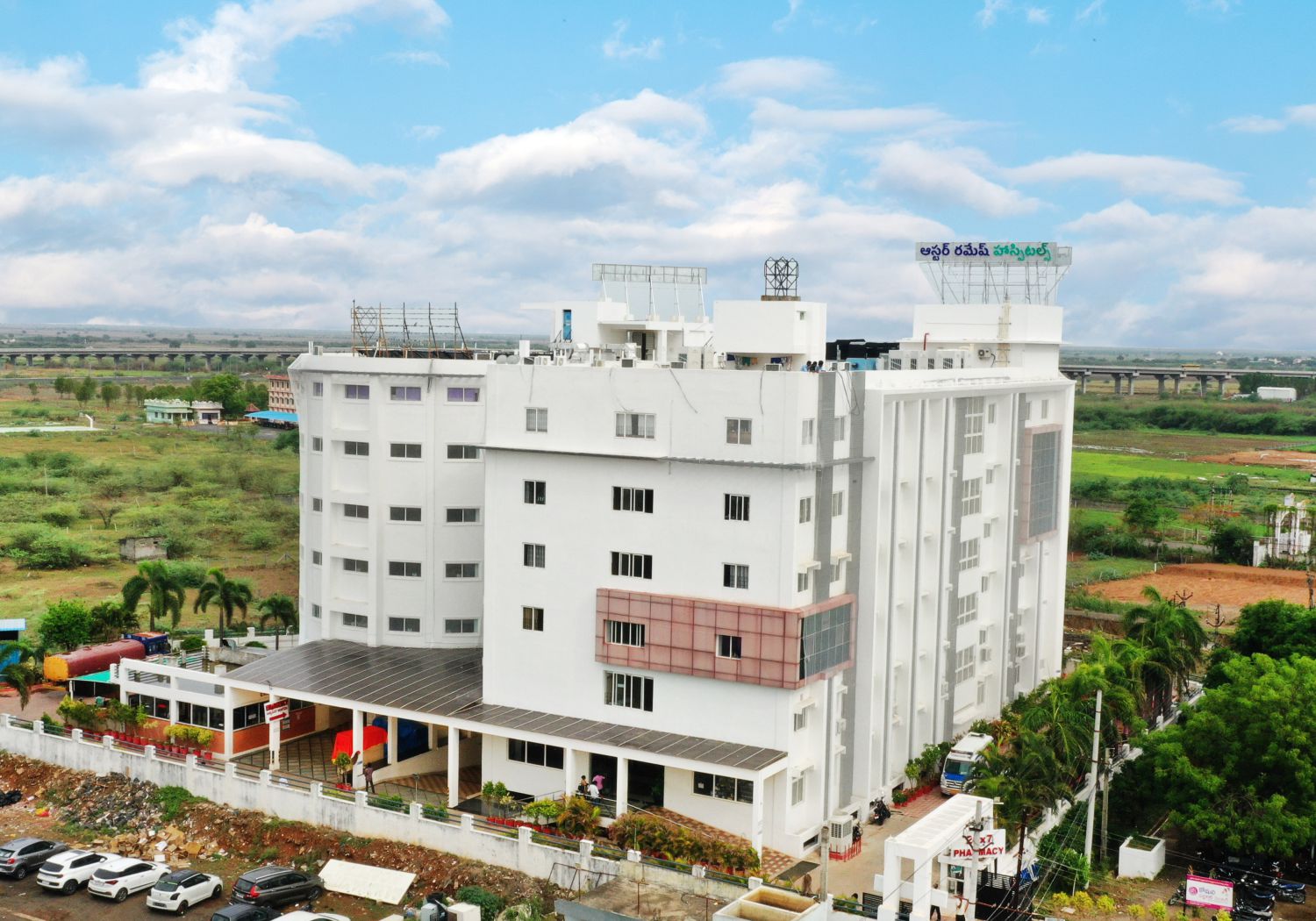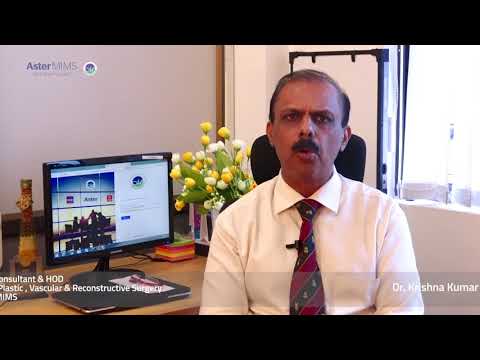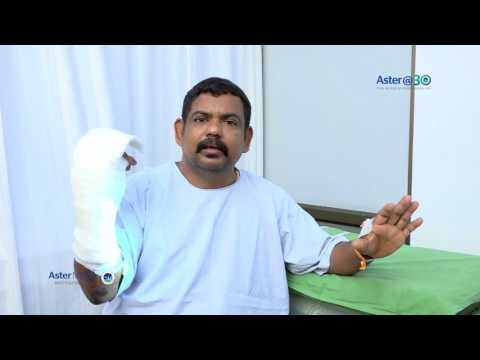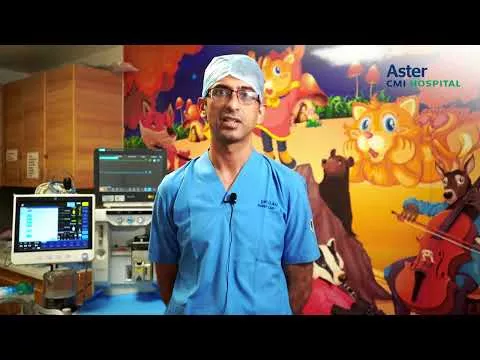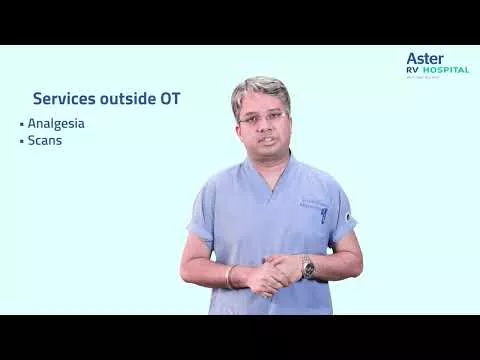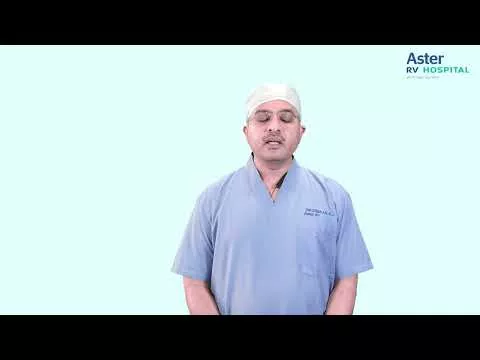Anaesthesia is a medical subspecialty that helps to reduce pain before, during, and after surgery. Intensive care medicine supports all specialities and deals with seriously or critically ill patients who have or are recovering from conditions that may be life-threatening. Administering anaesthesia is a very risky procedure and requires great skill.
Our department has a dedicated team of anaesthesiologists, intensive care specialists, and skilled nurses who provide a comprehensive range of services for all types of surgeries, trauma and other critical conditions. All our staff in this department are ALS/BLS (Advanced Life Support/Basic Life Support) trained.
We aim for our patients to have a comfortable and pain-free experience during their period of hospitalisation.
Our Doctors
We have some of the best specialists from around the world, they bring years of experience and offer evidence-based treatment to ensure the best care for you.
Advanced Technology & Facilities
Well equipped with the latest medical equipment, modern technology & infrastructure, Aster Hospital is one of the best hospitals in India.
Pain relieving services right after the surgery for every patient and intensive care for traumatic patients
A specialized clinic has been set for pre-anesthesia check-ups to know medical history of the patients
It specializes in intensive care for those patients who have undergone major surgeries
By epidural infusions of local anesthetics, this unit provides pain relief for normal delivery
The pain and palliative care unit covers all patients who are suffering from pain due to cancer or any chronic pain syndromes
It includes basic and advanced life support service and Cardiopulmonary resuscitation
Perioperative anesthetic care
Anesthesia for solid organ transplant
Invasive monitoring of deep hypothermic circulatory arrest and associated technique
Anesthetic support for SSEP and MEP
Anesthesia for infants, neonates and children
Anesthesia for craniofacial reconstructive and cosmetic surgery
Labor analgesia and obstetric Anaesthesia
Regional anesthetic techniques with ultra sound and PNS
Transesophageal echocardiography
Fibre optic bronchoscopy
Difficult intubation maneuvers
Intar aortic balloon support
Inotropes vasodilators and vasopressors
ECMO and LVAD assistance
Neuro monitoring: BIS, NIRS, neuromuscular monitoring, TCD
Special anesthetic techniques for awake craniotomies
Blood conservative measures
High quality postoperative evidence based patient care
Resuscitation of acutely ill patients
Invasive monitoring
Ventilation techniques
Percutaneous tracheostomy
Fibre optic bronchoscopes for therapeutic and diagnostic modalities
Transesophgeal echocardiography
Intraaortic baloon pump
Acute postoperative pain relief techniques
Nutrition therapy
Rehabilitation therapy
Epidural steriods therapy
Ultrasound-guided and fluro-guided root and facet blocks
Home visits by palliative division
End-of-life care.
Why Choose Aster?

At Aster Hospitals we provide the highest quality of care and a transformative experience for all your healthcare needs. With our network of multi-speciality hospitals, specialised doctors, and world-class technology, we bring global standards of medical care to our patients.
FAQs
Want to find out more about the treatment? The answer to your questions can be found below.
What question should you ask an anesthesiologist?
When you consult an anesthesiologist before a surgical procedure, you can ask them about the type of anesthesia they will perform. Also, if you have any questions regarding the procedure, you must not hesitate to ask them.
Patient Stories
Our patients are our best advocates, hear the inspiring stories of their treatment journey
Blogs
The source of trustworthy health and medical information. Through this section, we provide research-based health information, and all that is happening in Aster Hospital.

